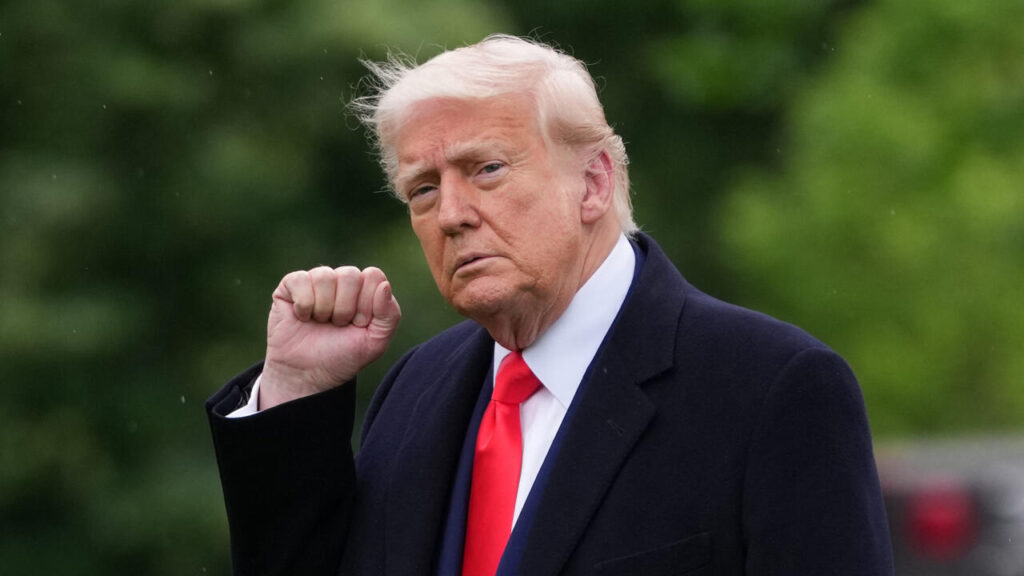The United States has announced a new trade agreement with Indonesia, imposing a 19% tariff on goods from the Southeast Asian nation. The deal is part of a broader effort by President Donald Trump to address what he sees as longstanding trade imbalances and to pressure countries into striking more favorable terms with Washington. While the U.S. will apply a 19% tariff on Indonesian imports, no duties will be placed on American goods entering Indonesia under this arrangement.
The agreement is one of several Trump is pushing through ahead of an August 1 deadline, when higher tariffs on most imports are set to take effect. The move aligns with a broader campaign to shrink the U.S. trade deficit, particularly with countries that have seen rising surpluses in recent years. The U.S. trade gap with Indonesia reached nearly $18 billion last year.
Trump has stated that more deals are on the way, and letters setting out tariff conditions for smaller trading partners are expected to be sent soon. These letters are part of a broader strategy involving tariff rates ranging from 10% to as high as 50%, and some specific products, such as copper, have been targeted with especially steep duties. Trump also revealed plans to begin implementing tariffs on pharmaceuticals, with a gradual approach that gives companies time to relocate production back to the U.S.
The Indonesian agreement mirrors an earlier deal struck with Vietnam, involving flat tariffs on Vietnamese exports to the U.S. and exemptions for U.S. exports heading the other way. As part of the arrangement, Indonesia has agreed to purchase significant quantities of American products, including $15 billion in energy goods, $4.5 billion in agricultural produce, and 50 Boeing aircraft. However, no timeline was given for these purchases.
Indonesia is not among the top 15 U.S. trading partners, but trade between the two nations has been increasing. In 2024, total trade amounted to just under $40 billion. Key Indonesian exports to the U.S. include palm oil, electronics, footwear, car tires, natural rubber, and frozen shrimp. Indonesian officials have confirmed that a joint statement outlining the full details of the tariff agreement and other commercial elements is forthcoming.
Trump’s approach to trade has been described as unconventional and disruptive, often bypassing traditional negotiations in favor of direct, unilateral measures. The average effective U.S. tariff rate is now estimated to rise to nearly 20%, the highest level in over 90 years. While some countries are trying to negotiate exemptions or reductions, others are preparing to retaliate.
The European Union is among those preparing countermeasures. As talks with the U.S. face potential collapse, the European Commission is readying a list of American products worth over $84 billion for possible retaliatory tariffs. These include items ranging from aircraft and automobiles to spirits, food, medical devices, and industrial equipment. The EU has made it clear that a 30% tariff on its exports, which Trump has threatened to impose starting August 1, would severely damage transatlantic trade.
Despite efforts to finalize agreements quickly, Trump has so far secured only a limited number of “framework” deals, notably with the United Kingdom, Vietnam, and an interim understanding with China. Talks are ongoing with India, with Trump expressing confidence that a deal will provide American companies greater access to the vast Indian market.
The current developments signal a continued intensification of global trade tensions, with major economies bracing for further tariff battles in the weeks ahead.

